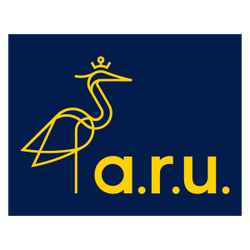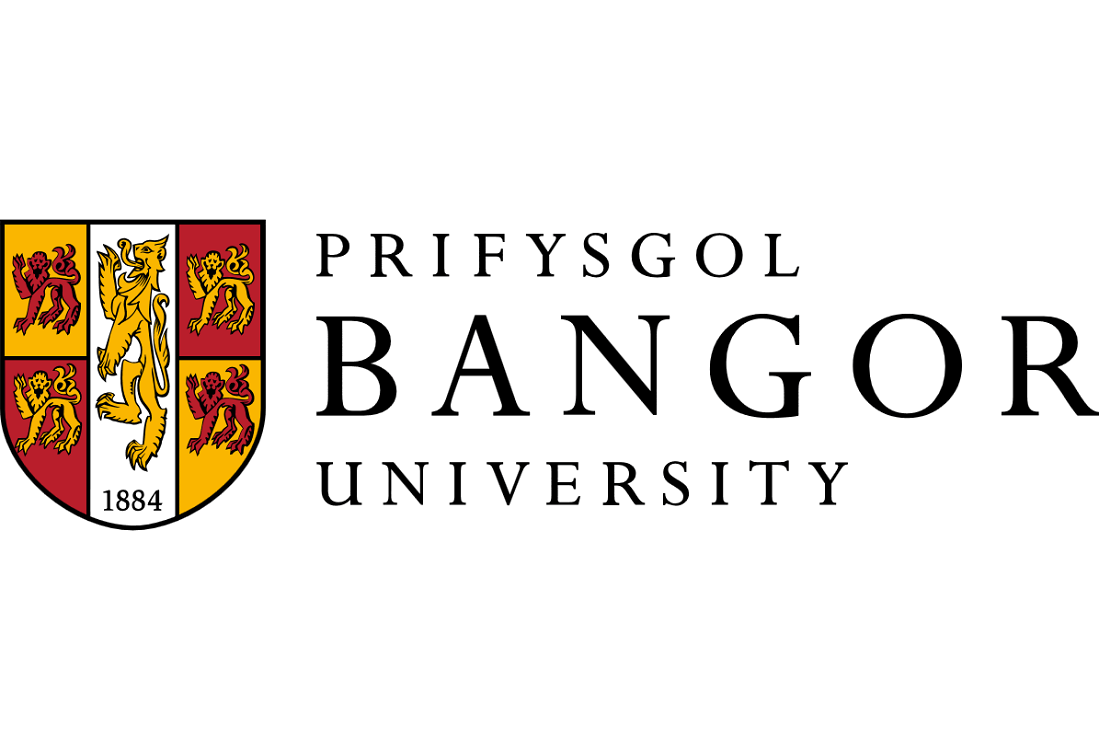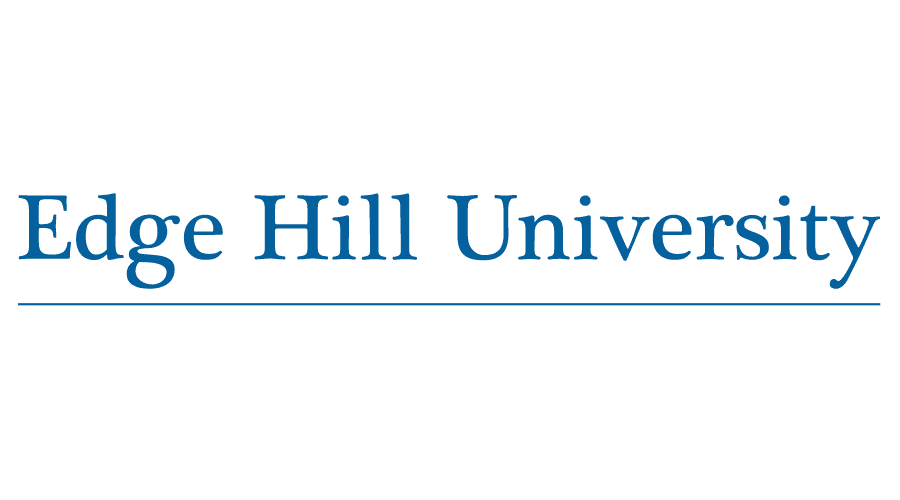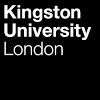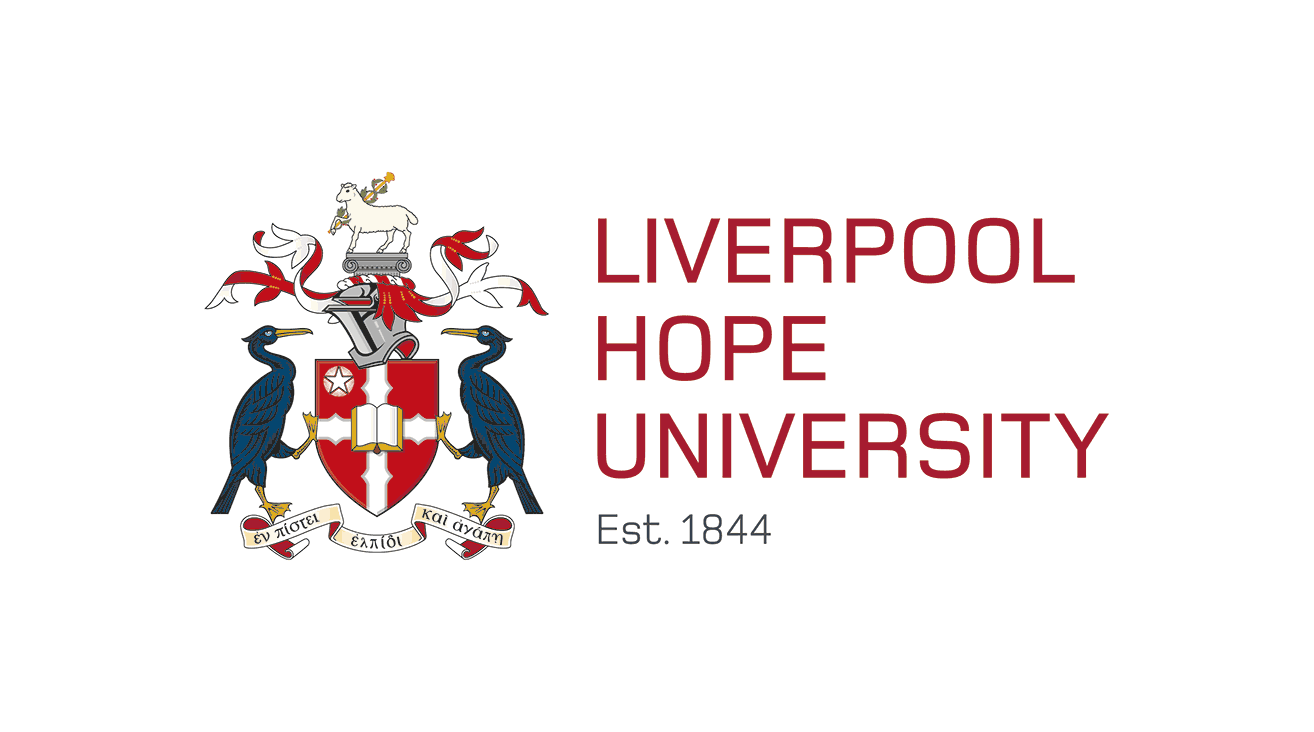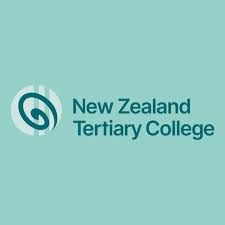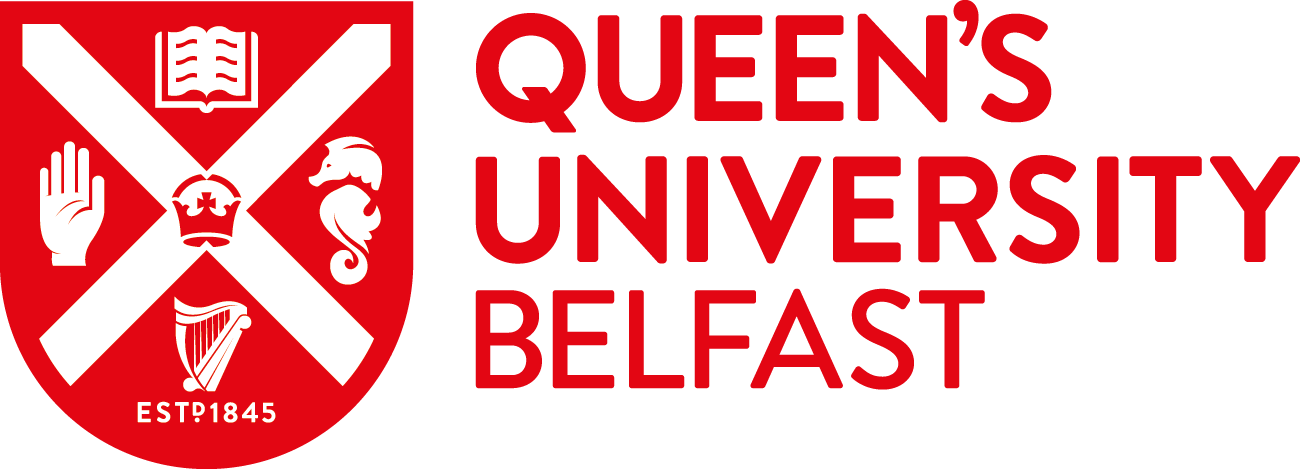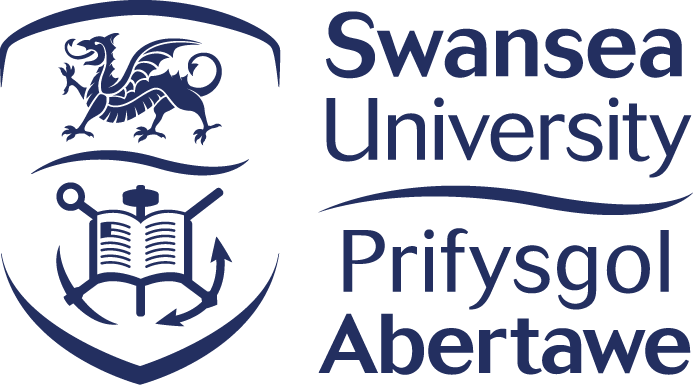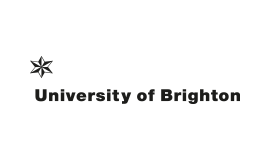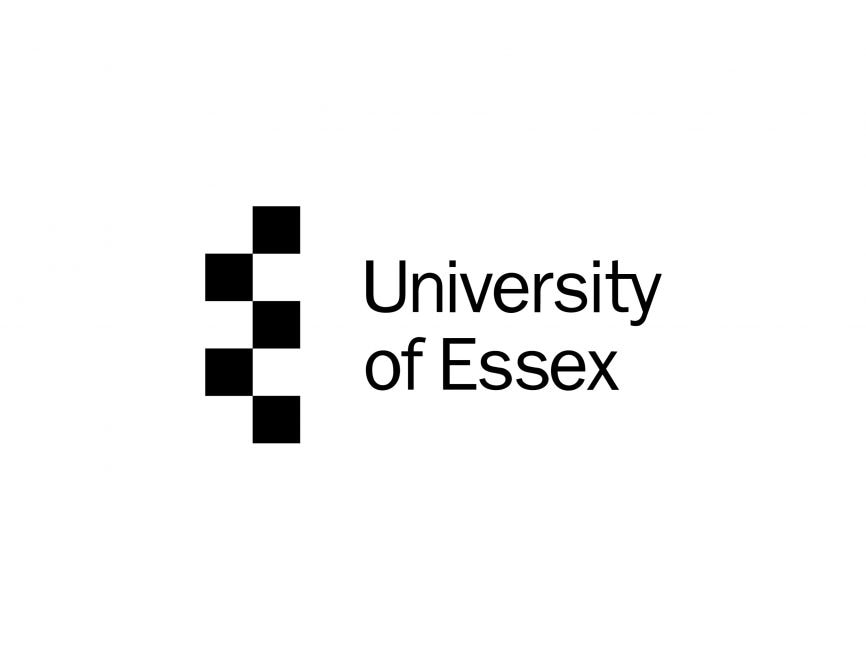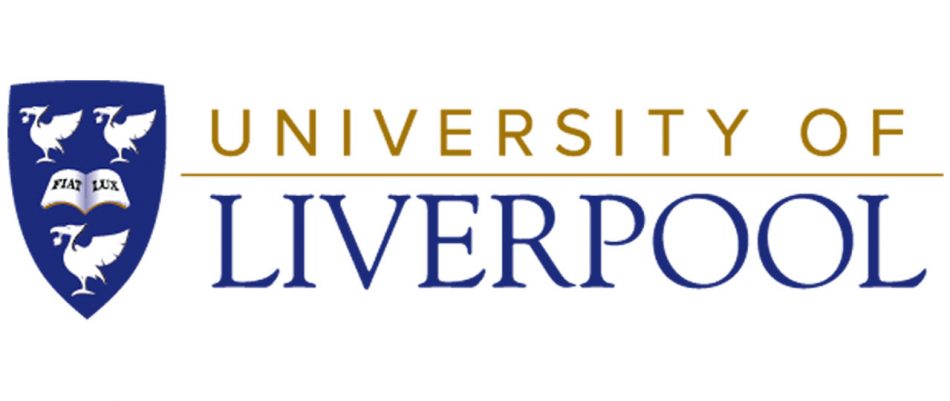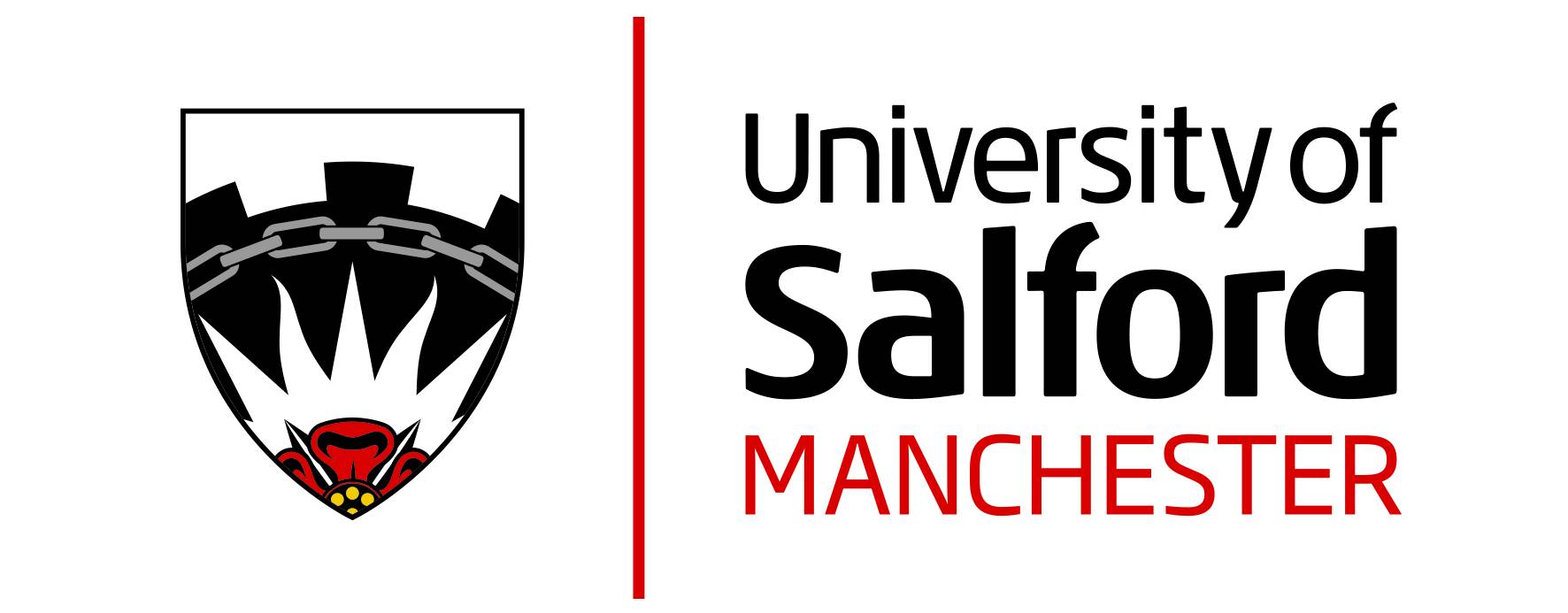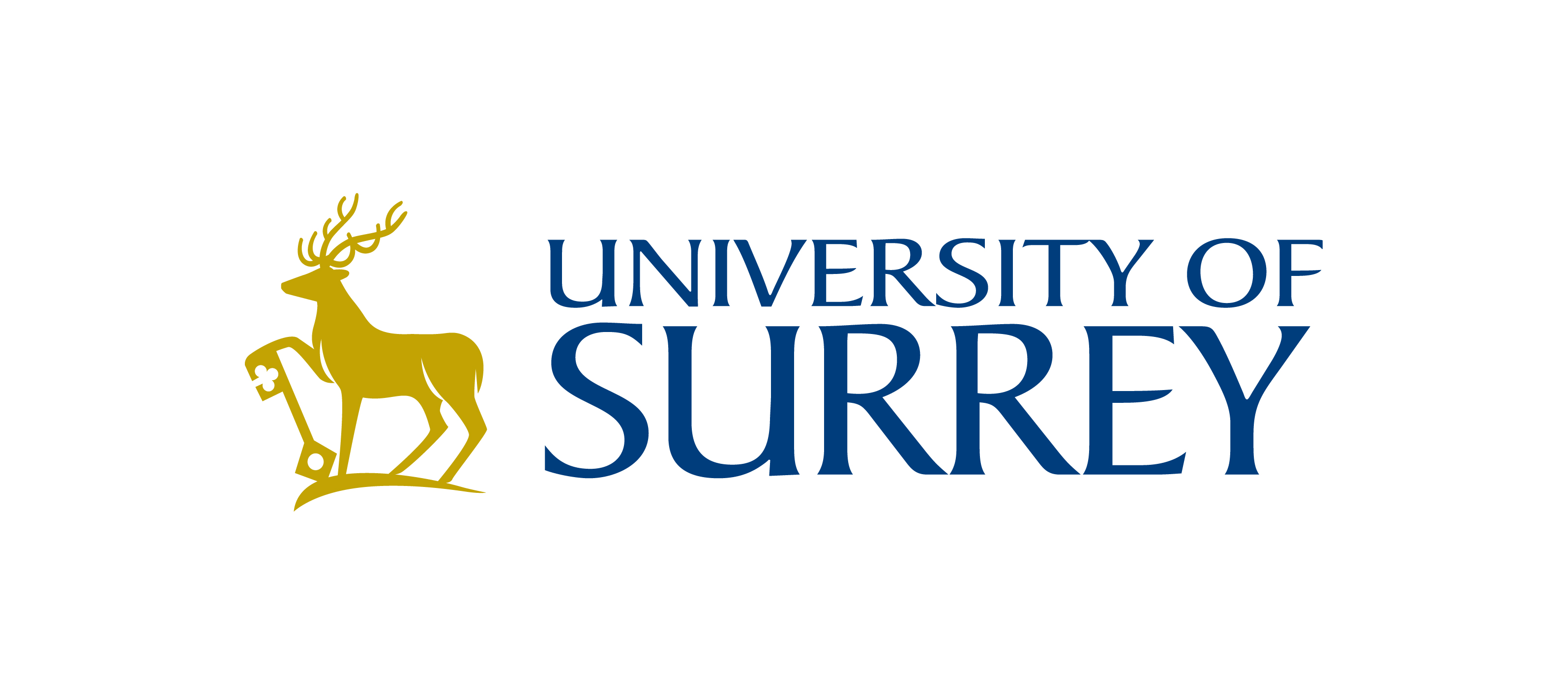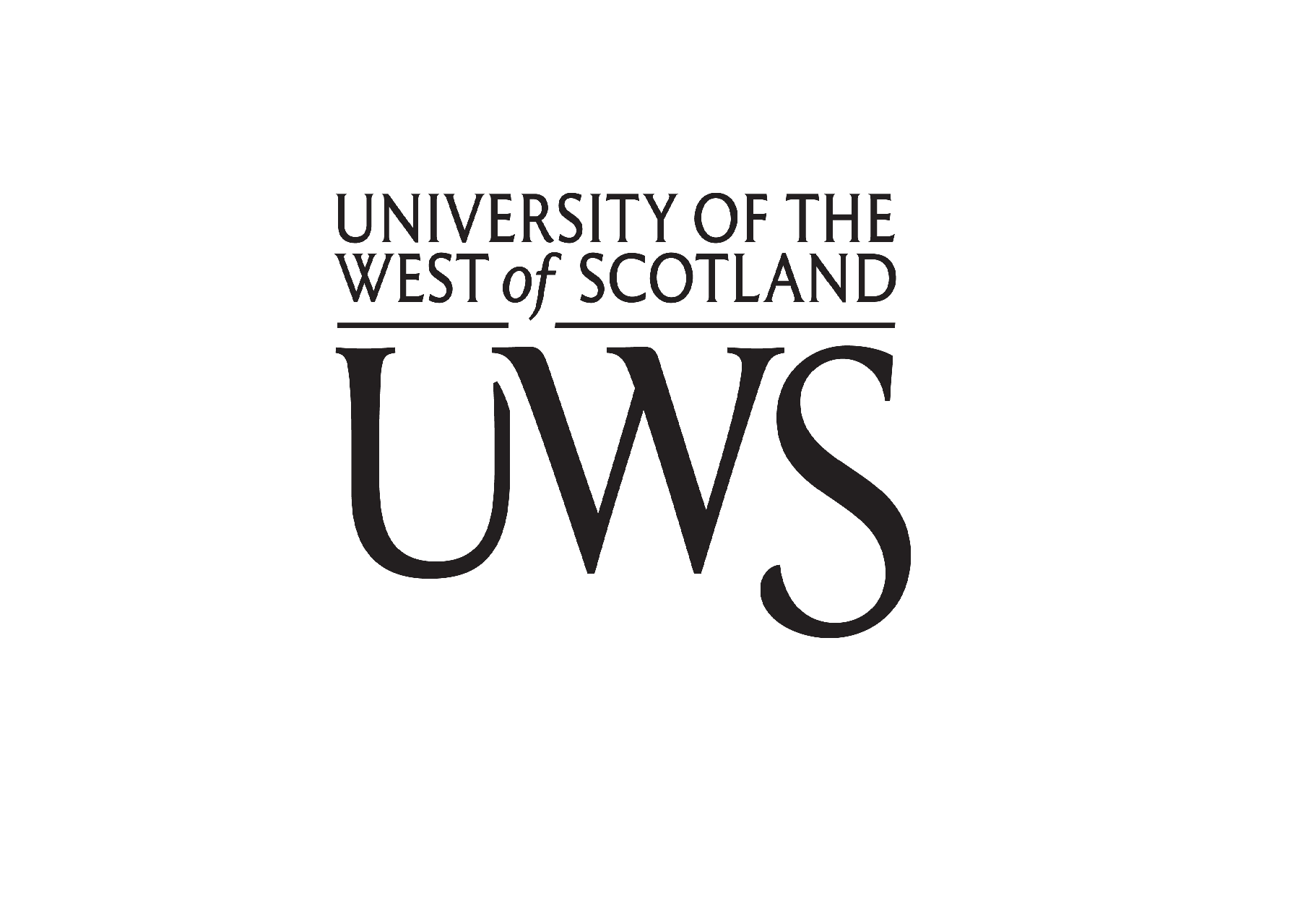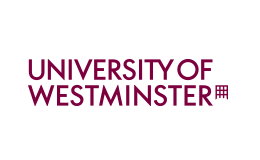English Language Courses for Indian Students Studying Abroad
Embarking on a study abroad journey is an exciting adventure, and for Indian students, mastering the English language is often a key to success. Our English Language courses are designed to not only enhance your linguistic abilities but also to immerse you in the academic and social environments of your host country. Whether you're looking to improve your general English, prepare for academic studies, or achieve specific test scores, we have a program tailored for you.
Studying English abroad offers a unique advantage. You'll be surrounded by native speakers, providing constant opportunities for practice and real-world application. This immersive experience accelerates learning far beyond what classroom studies alone can achieve. You'll gain confidence in speaking, listening, reading, and writing, which are crucial skills for both your academic pursuits and your future career.
Why Choose Our English Language Programs?
- Expert Faculty: Learn from experienced, certified teachers who specialize in teaching English as a second language to international students.
- Tailored Curriculum: Our courses are specifically designed to address the common challenges faced by Indian students, focusing on areas like accent reduction, complex grammar, and academic writing.
- Small Class Sizes: Enjoy personalized attention and more opportunities for interaction with instructors and classmates.
- Cultural Immersion: Integrate into a new culture through language, making friends from around the world and exploring your host city.
- Pathway to Higher Education: Many of our programs serve as direct pathways to undergraduate and postgraduate degrees at our partner universities, often waiving the need for additional IELTS or TOEFL exams upon successful completion.
Our Course Offerings
We offer a range of English Language courses to suit different needs and proficiency levels. Before enrollment, you will take a placement test to ensure you are placed in the most appropriate level.
1. General English (GE)
This course is perfect for students who want to improve their overall English proficiency for everyday communication. It focuses on practical language skills, including:
- Conversational fluency and pronunciation
- Vocabulary expansion and idiom usage
- Grammar accuracy and sentence structure
- Listening comprehension for various contexts
- Reading skills for general texts and media
- Basic writing for personal and informal communication
Levels: Beginner to Advanced
2. Academic English (AE) / English for Academic Purposes (EAP)
Designed for students planning to pursue higher education abroad, this course equips you with the specific language skills required for academic success. Key areas include:
- Essay writing and report structuring
- Research skills and citation methods
- Presentation skills and public speaking
- Note-taking and active listening in lectures
- Critical reading and analysis of academic texts
- Participating in seminars and group discussions
- Understanding academic vocabulary and discourse
Levels: Intermediate to Advanced
3. IELTS/TOEFL Preparation
These intensive courses are designed to help you achieve your target scores in the International English Language Testing System (IELTS) or Test of English as a Foreign Language (TOEFL). Our expert instructors will guide you through:
- Exam format and strategy
- Practice tests and timed exercises
- Specific techniques for each section (Reading, Writing, Listening, Speaking)
- Feedback on your performance and areas for improvement
- Tips for managing exam stress and time effectively
Levels: Intermediate to Advanced
4. Business English
For students interested in developing their English skills for professional environments, this course covers business-specific vocabulary and communication strategies:
- Business correspondence (emails, reports, memos)
- Presentation skills for corporate settings
- Negotiation and meeting etiquette
- Telephoning skills and customer service language
- Understanding global business contexts
- Interview preparation and resume writing
Levels: Intermediate to Advanced
Course Structure and Methodology
Our teaching methodology is communicative and student-centered. We believe that language is best learned through active use and interaction. Classes typically involve:
- Interactive group activities and pair work
- Role-playing and simulations
- Authentic materials such as news articles, videos, and podcasts
- Regular feedback and progress assessments
- Opportunities for independent study and self-correction
You can expect a dynamic learning environment where you are encouraged to participate, ask questions, and practice your new skills. Our teachers act as facilitators, guiding you through the learning process and providing support every step of the way.
Program Duration and Start Dates
Our English Language programs offer flexible durations to fit your study plan, ranging from a few weeks to several months. We have multiple start dates throughout the year, allowing you to begin your studies at a time that suits you best. Please check our academic calendar for specific start dates and holiday schedules.
| Program Type | Typical Duration | Recommended For |
|---|---|---|
| General English | 4-24 weeks | Everyday communication, cultural immersion |
| Academic English | 8-16 weeks | University preparation, advanced writing |
| IELTS/TOEFL Prep | 4-12 weeks | Test score achievement for university entry |
| Business English | 4-12 weeks | Professional communication skills |
Life Beyond the Classroom
Learning English is not confined to the classroom. We organize a variety of social activities and excursions to help you practice your English in real-world situations and experience the local culture. These activities include:
- City tours and sightseeing trips
- Visits to museums, art galleries, and historical sites
- Sports events and outdoor activities
- Conversation clubs and student meet-ups
- Weekend trips to nearby attractions
Participating in these activities is an excellent way to make new friends, explore your surroundings, and boost your confidence in using English naturally.
Here's an image of students engaged in a lively conversation during a social outing, practicing their English outside the classroom.
Student Support and Resources
We are committed to providing comprehensive support to our international students. Our dedicated student services team is available to assist you with:
- Accommodation advice and placement
- Visa and immigration guidance
- Academic counseling and progress monitoring
- Healthcare information and support
- Orientation programs for new arrivals
- Career services and further study guidance
You will also have access to our modern language labs, libraries, and online learning platforms, providing additional resources for self-study and practice.
Entry Requirements
To enroll in our English Language courses, you generally need to:
- Be at least 16 years old (some programs may have higher age requirements).
- Have a valid passport and student visa (if applicable).
- Complete our online application form.
- Take a placement test to determine your current English proficiency level.
Specific requirements may vary by program and destination. Please consult our admissions team for detailed information.
Testimonials from Indian Students
Hear what some of our past Indian students have to say about their experience:
"Coming from Delhi, I was a bit nervous about speaking English fluently, but the General English course here changed everything. The teachers were so supportive, and the small class size meant I got a lot of attention. Now I feel confident in my conversations!"
— Priya Sharma, General English Student
"The Academic English program was exactly what I needed before starting my Master's. I learned how to write proper essays and give presentations, which are skills I use every day in my university studies. Highly recommend it for anyone planning higher education abroad."
— Rohan Patel, Academic English Student
"I struggled with IELTS for a while, but the preparation course here was fantastic. The strategies and practice tests helped me improve my score significantly, and I finally got into my dream university. Thank you!"
— Ananya Singh, IELTS Preparation Student
Investing in your English language skills before or during your study abroad program is one of the best decisions you can make. It will not only ease your transition into a new academic and cultural environment but also open up countless opportunities for personal and professional growth. We look forward to welcoming you to our English Language programs and helping you achieve your full potential!


